The AI Big Bang Disruption and Four Paths Ahead
Nine years ago, the book “Big Bang Disruption” by Paul Nunes and Larry Downes came out. It attempted to describe the anatomy of disruptive change driven by technology breakthroughs. Disruption doesn’t happen gradually but suddenly, according to the authors. When a technology reaches a certain tipping point of cost, usability and accessibility things more or […]
